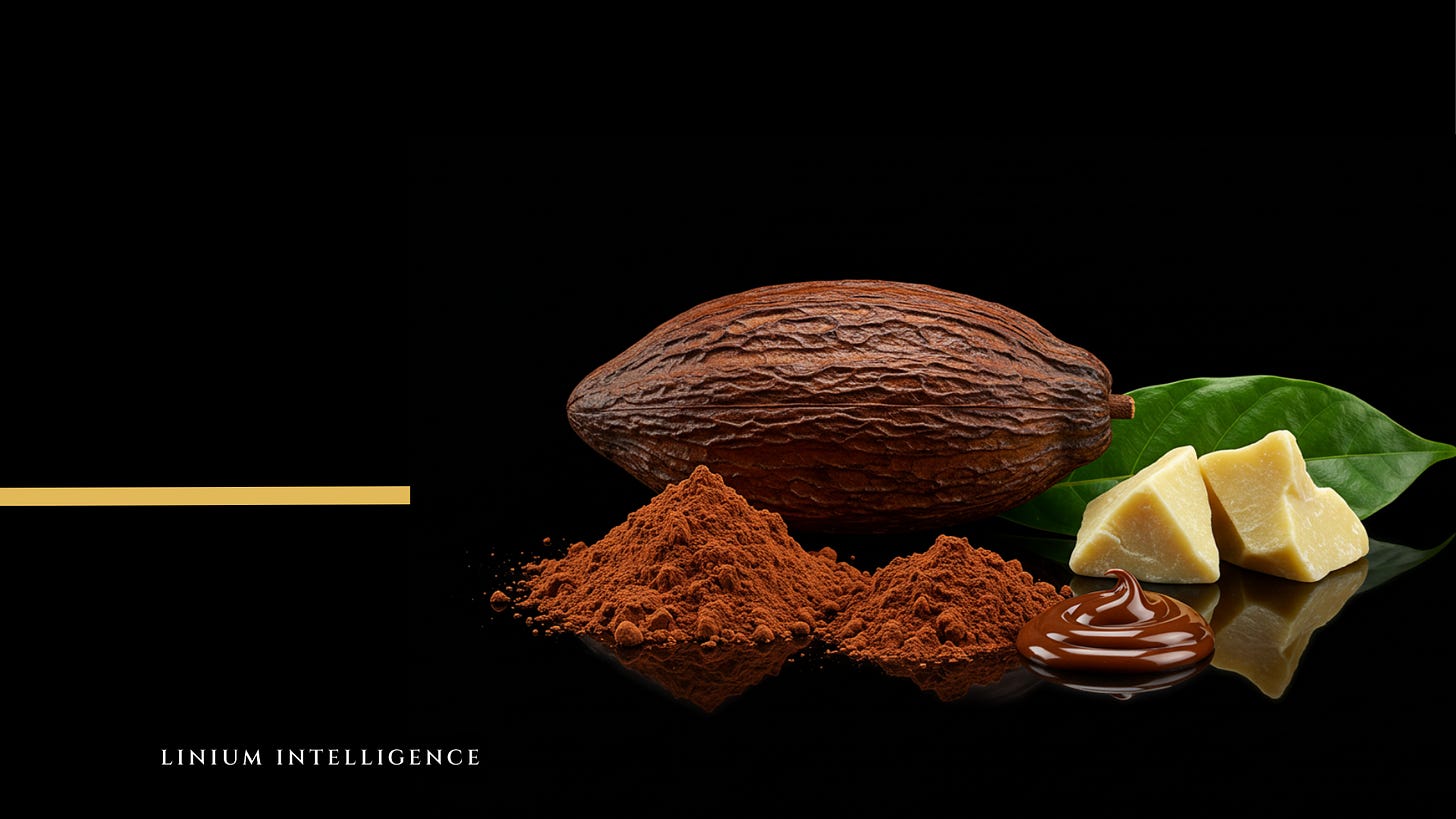Nestlé And Barry Callebaut Partner For Sustainable Cocoa In Brazil
Nestlé and Barry Callebaut are forging a major, long-term partnership to secure sustainable cocoa. Their joint initiative in Brazil kicks off with a 5-year plan to plant 7.7 million trees across 6,215 hectares of cocoa agroforestry. This is part of a larger 25-year framework, with an option for renewal, designed to deliver significant carbon benefits for both companies. The partnership aims to revitalize Brazil's cocoa sector by empowering new farmers and helping existing ones expand sustainably, leveraging land, technology, and financial support. Barry Callebaut's expertise in seedling production, including its 6 million cocoa seedlings nursery, is central to this effort.
This landmark partnership, viewed alongside Nestlé's recent half-year financial results, reveals a clear, multi-faceted strategy to navigate a challenging global environment and strengthen its core confectionery business.
Directly battling cocoa inflation and securing supply: Cocoa prices are a significant headwind, heavily impacting chocolate manufacturers globally, with prices remaining elevated near record highs. Nestlé's H1 2025 results underscore this pressure, showing a dip in their underlying trading operating profit (UTOP) margin to 16.5% from 17.4%, partly due to increased cocoa and coffee costs, as well as a drop in free cash flows due to working capital changes. The Brazil partnership is a crucial long-term strategy. By investing directly in sustainable cocoa production and reforestation, Nestlé is positioned to:
Mitigate price volatility: Gain more control over its raw material supply, reducing exposure to volatile global commodity markets and the need for aggressive price hikes.
Ensure future availability: Secure a stable, ethical source of cocoa as demand grows and climate change threatens existing supplies.
Strengthen ESG credentials: Proactively address deforestation and social issues within its supply chain, crucial for regulatory compliance (e.g., EU Deforestation Regulation) and consumer trust.
Strategic pricing and confectionery growth dynamics: Nestlé's confectionery segment delivered strong 8.5% organic growth in H1 2025, predominantly driven by a significant 10.6% increase in pricing. However, this came at the cost of a 2.1% negative real internal growth (RIG) in the segment, indicating some consumer pushback on higher prices due to cocoa price elasticity.
Sustainability as a premium enabler: The sustainable cocoa initiative is not just about cost control; it's a strategic move to support pricing power. By ensuring a supply of ethically and sustainably sourced cocoa, Nestlé can better target consumers who are increasingly willing to pay a premium for products that align with their values. This differentiation allows the company to justify pricing and potentially mitigate some of the negative RIG seen from price sensitivity alone.
Innovation reinforcement: Nestlé leverages product innovation to reinforce the value proposition of sustainably sourced ingredients. A key example is the KitKat Dark Borneo (launched in Southeast Asia including Malaysia and Singapore), made with responsibly sourced cocoa beans from Sarawak and Sabah. Such launches directly connect product quality and ethical sourcing, making the sustainable cocoa story tangible for consumers and supporting premium positioning.
The partnership between Nestlé and Barry Callebaut in Brazil is a fundamental pillar of Nestlé's long-term business strategy. By proactively addressing supply chain vulnerabilities through significant investment in sustainable, regenerative practices, Nestlé is building resilience against commodity volatility. This strategy could stabilize costs, secure future supply, and, crucially, enhance the value proposition of its products to support pricing power with ethically conscious consumers. These actions collectively position Nestlé for sustained performance in the evolving global chocolate confectionery landscape.

